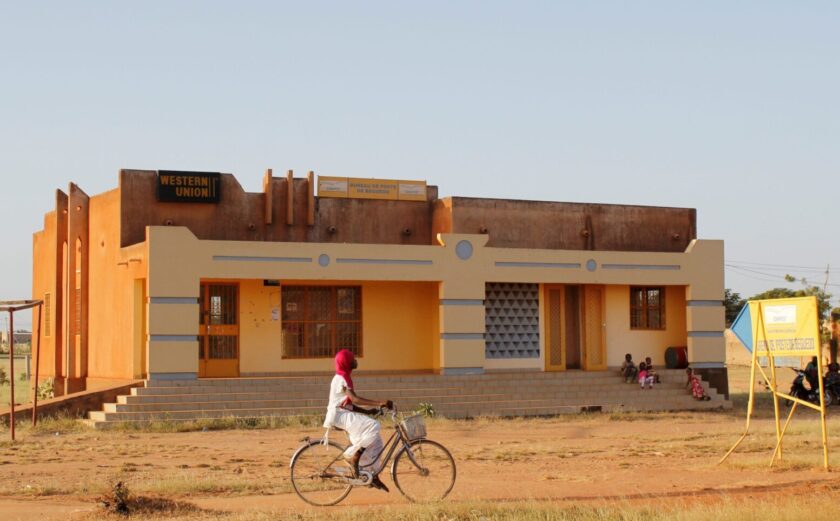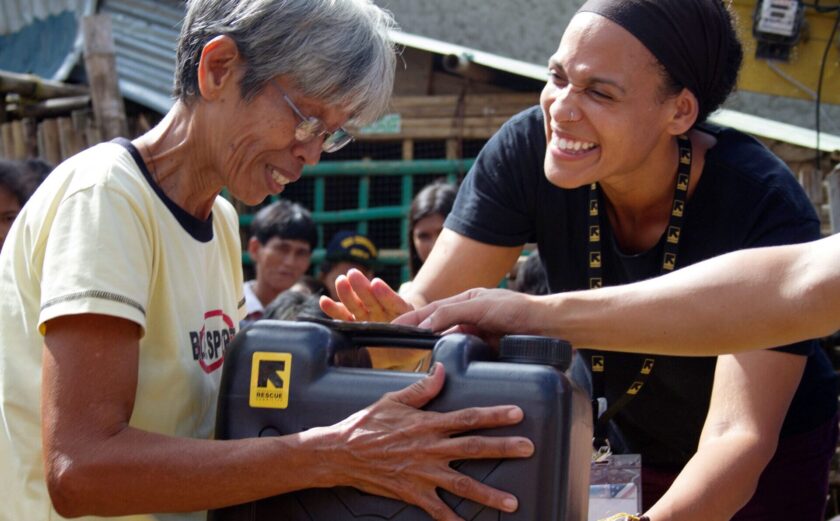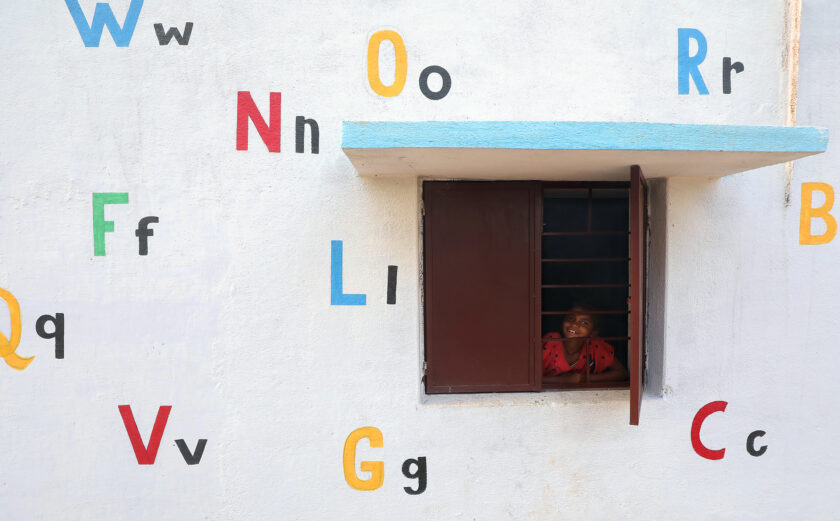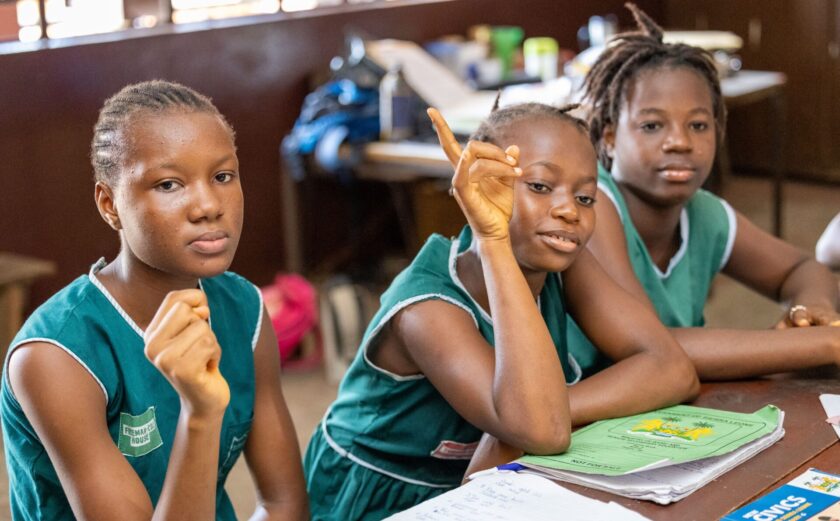
InterAction and Climate Change
Globally, people are experiencing both subtle and stark effects of climate change. Gradually shifting weather patterns, rising sea levels, and more extreme weather events are all clear and devastating evidence of a rapidly changing climate.
Climate change erodes decades of developmental progress and exacerbates existing humanitarian crises. It is estimated that the past 50 years of development made on global health will be reversed by climate change if left unaddressed.
Alongside violent conflict, climate change-related weather extremes are driving global food insecurity, contributing to the 821 million people currently experiencing chronic food deprivation. In 2017, climate change was the main cause of acute food insecurity and hunger of 124 million people.
In October 2018, the Intergovernmental Panel on Climate Change (IPCC) reported that some of the effects of climate change currently affecting human life and the environment are now irreversible, even with concerted action. This report—the fifth of its kind—was a last-ditch effort to mobilize the international community to act, particularly countries that emit the highest levels of carbon worldwide.
The U.S. and the broader international community now find themselves in an emergency that requires collective action to both prevent the known, human-made causes of climate change from escalating any further, as well as to react to the weather-related disasters generated in part by climate change.
InterAction’s Work on Climate Change
InterAction has been working on climate change as an important issue area since 2014. It first took shape when our community was advocating for and shaping the Sustainable Development Goals, including Goal 13 which focuses on taking urgent action to address climate change and its impacts. InterAction recently took a deliberate decision to greatly expand and accelerate this work.
In the 2019 survey of InterAction’s Member CEOs, 54% of the 72 responding CEOs said that climate change will have a significant impact on or fundamentally change their organization, and an additional 37% of CEOs said that it will have some impact on their organization going forward. This was the heatwaves out of 15 possible trends that CEOs could have chosen, and Members often cited increased migration flows, rising inequality, and climate change impacts as interrelated.
As a community, we are in an emergency situation that requires collective action to prevent the known, human-made causes of climate change from escalating further, to support those with the fewest resources who are hardest hit by the changes, and to safeguard the very ecosystems and environment that can reduce the risks all together.
As a convener, thought leader, and voice of nearly 200+ NGOs and partners, InterAction is working to galvanize NGO leadership, climate mainstreaming, and unified advocacy at all levels of our Member organizations and partners.
Learn More
InterAction’s Climate Working Group works on issues involving international climate funding, the nexus between climate change and international development, and climate insurance.
Contact Lindsey Doyle for more information.







